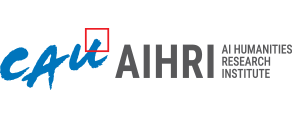Understanding the Characteristics of Human and Artificial Intelligence Lies ‒Focusing on the Ethical Discourse on Lies
Kim Bongje
Abstract In this study, the characteristics of human lies were analyzed from an ethical point of view to establish a standard for understanding the characteristics of artificial intelligence lies. The ethical debate on human lies proceeded from the obligatory, utilitarian, and virtuous ethical perspectives. Based on the human lies defined in these three points of view, artificial intelligence lies can be applied in a limited way to the obligatory, utilitarian, and virtuous ethical perspectives that define human lies. However, the lies of artificial intelligence cannot be completely defined by these three perspectives because the machine learning process of artificial intelligence cannot be analyzed. Lies of artificial intelligence can reflect the characteristics of each of these by the deontological, utilitarian, and virtuous ethical data, which are the requirements for the analysis of human lies. However, artificial intelligence lies have certain characteristics that can define human lies. Currently, no expression can define characteristics beyond the scope of human lies, but it is evident that it goes beyond the scope of artificial intelligence lies.
This study can be a stepping stone in finding the standard point of view to define ‘artificial intelligence lies’ by comparing artificial intelligence lies with human lies. In future research, it is necessary to systematize the relationship between human lies and artificial intelligence lies based on the ethics presented in this paper.
Keyword: Artificial intelligence, Lie, Inevitable lies, Right to lie, Big-data |

